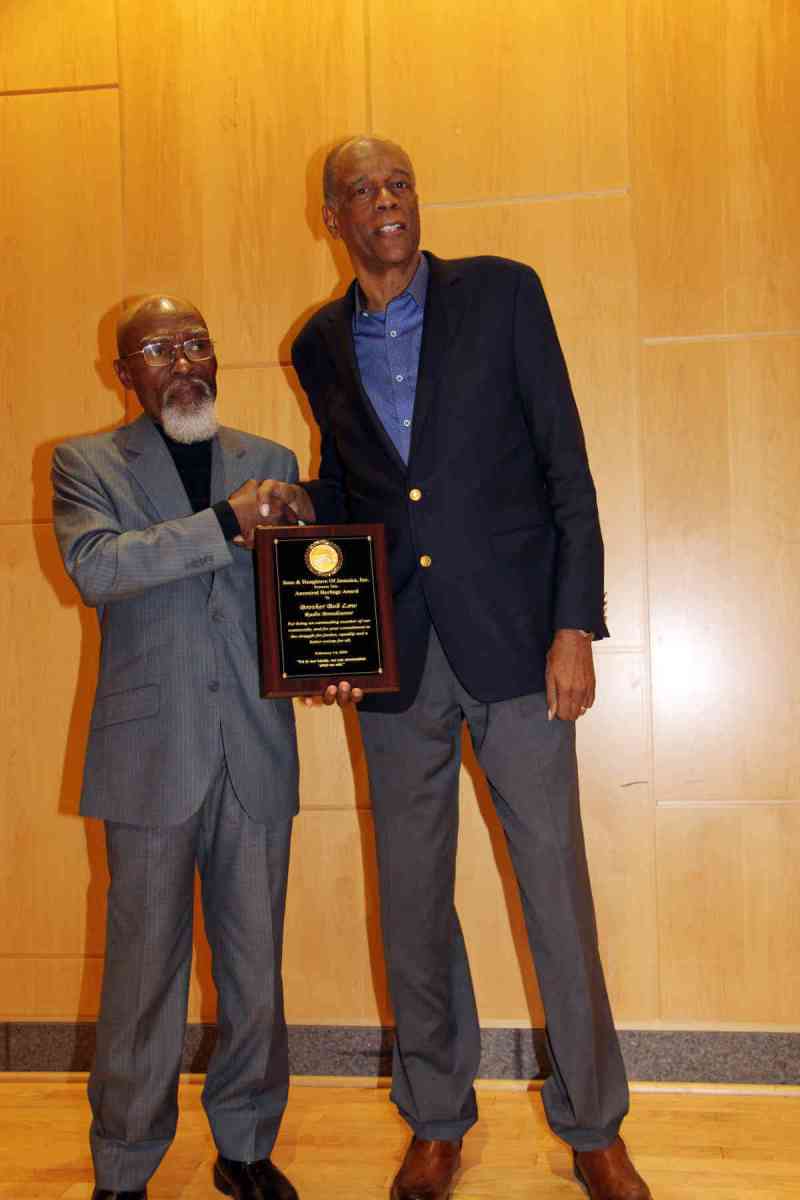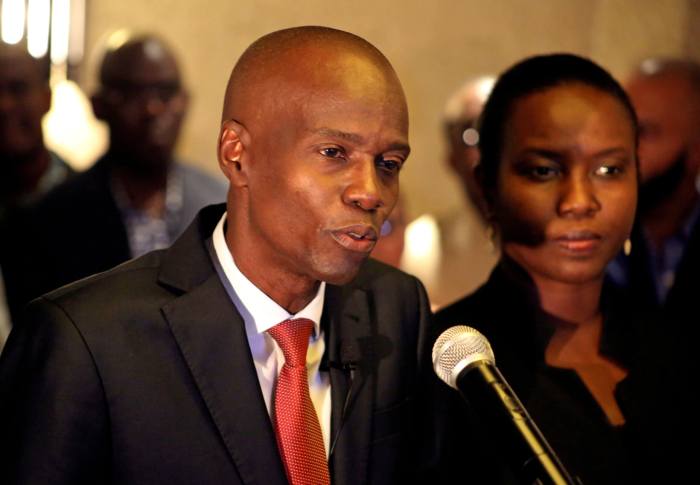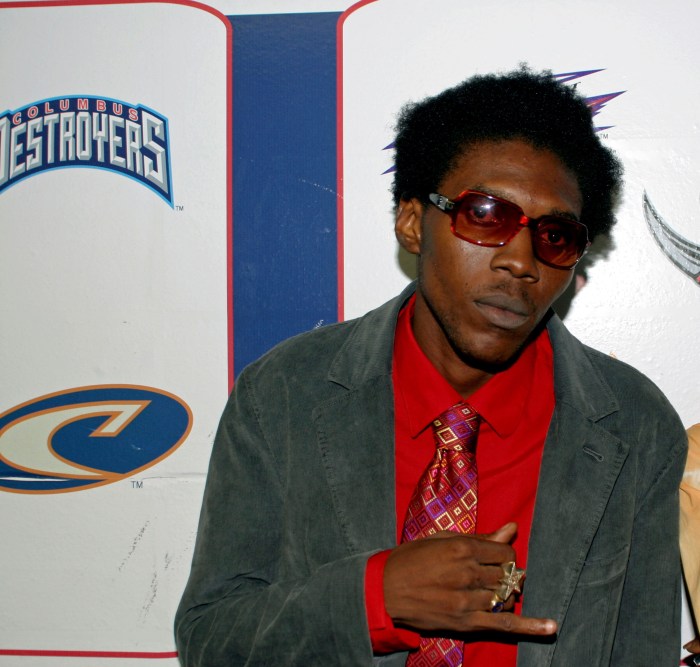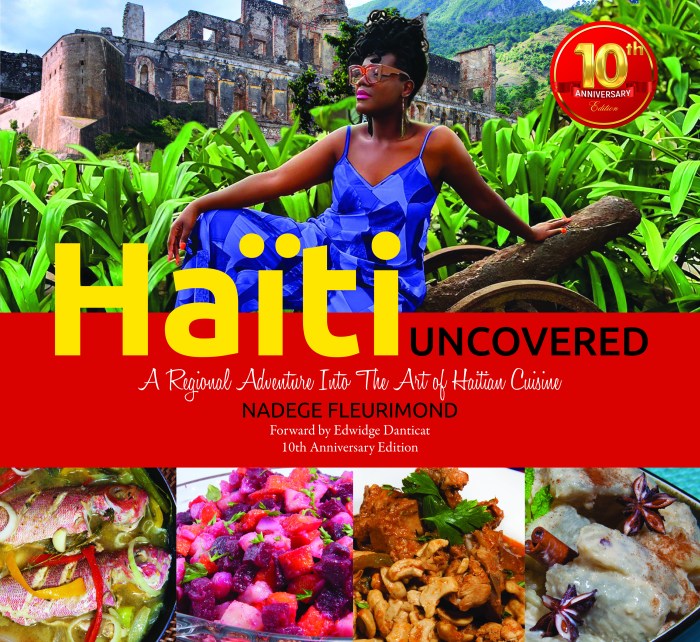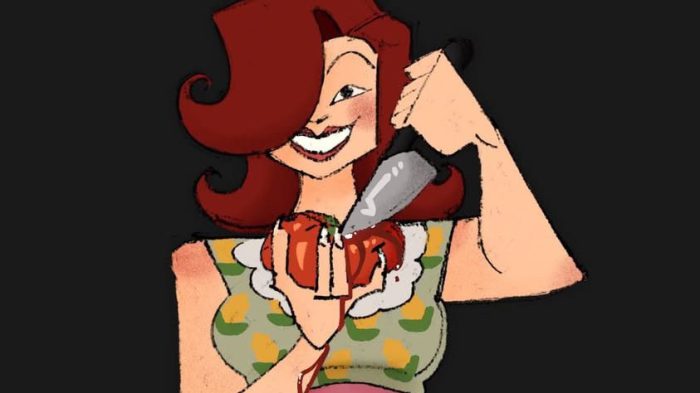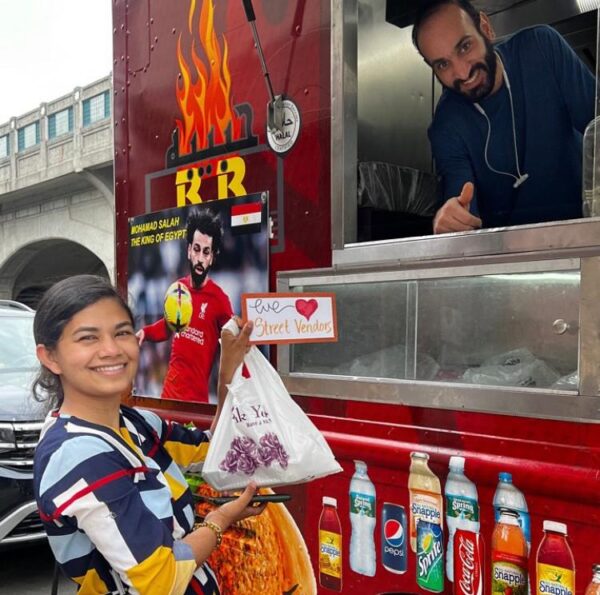Students, cultural figures and community activists were given a good history lesson while being entertained, as The People of the Sun Middle Passage Collective at Brooklyn’s Medgar Evers College celebrated the life and work of the late Black liberation, Black nationalist leader and Jamaica’s first national hero Marcus Mosiah Garvey on Friday, Feb. 14.
As part of the college’s Black History Month celebration and in what the group dubbed as a “cultural extravaganza”, patrons, in the college’s EOJ Auditorium, viewed an hour-long film on Garvey’s works, asked questions and commented on his legacy, listened to a captivating address by renowned New York radio personality Bob Law, and were mesmerized by Afrocentric drumming and rituals.
“As a prominent Black leader, whose ideas on Black economic independence and entrepreneurship inspired and promoted Black communities to take ownership and responsibility for their social and economic destinies, Marcus Garvey reflects the significant values of Black History month and its objective to celebrate and honor the heroes of Black culture and their contributions to the lives of Blacks throughout the world,” said The People of the Sun Middle Passage Collective.
“His influences on outstanding Black historic leaders like Malcolm X, Elijah Muhammad, Nelson Mandela, Winnie Mandela and Rosa Parks speak to Garvey’s contributions to Black thought and actions of our times,” it added.
According to his biography, Garvey was an orator for the Black Nationalism and Pan-Africanism movements, to which end he founded the Universal Negro Improvement Association and African Communities League.
Garvey advanced a Pan-African philosophy, which inspired a global mass movement, known as Garveyism, the biography states.
It says Garveyism would eventually inspire others, from the Nation of Islam to the Rastafari movement.
Marcus Mosiah Garvey, Jr. was born on Aug. 17, 1887, in St. Ann’s Bay, Jamaica.
Self-educated, Garvey founded the Universal Negro Improvement Association, dedicated to promoting African-Americans and resettlement in Africa, the biography says.
In the United States, it says Garvey launched several businesses to promote a separate black nation.
After he was convicted of mail fraud and deported back to Jamaica, the biography says Garvey continued his work for Black repatriation to Africa.
Convinced of the strong belief that African-Americans needed to secure financial independence from white-dominant society, Garvey launched several businesses in the US, including the Negro Factories Corporation and Negro World newspaper.
In 1919, he became president of the Black Star Line shipping and passenger company, designed to forge a link between North America and Africa and facilitate African-American migration to Liberia.
In 1923, Garvey was convicted of mail fraud for selling the company’s stock and imprisoned in the United States Penitentiary Atlanta for nearly two years.
Many pundits and analysts said that Garvey’s trial was politically-motivated.
Garvey died in London in 1940 after several strokes.
Due to travel restrictions during World War II, his body was interred in London, his biography says.
In 1964, it says Garvey’s remains were exhumed and taken to Jamaica, where the government proclaimed him Jamaica’s first national hero and re-interred him at a shrine in the National Heroes Park.
“But his memory and influence remain,” his biography says, adding that “his message of pride and dignity inspired many in the early days of the Civil Rights Movement in the 1950s and 1960s.”
In tribute to his many contributions, Garvey’s bust has been displayed in the Organization of American States’ Hall of Heroes in Washington, D.C., the biography notes.
It says Ghana named its shipping line the Black Star Line and its national soccer team the Black Stars in honor of Garvey.
While he lauded Garvey’s activism, Law, who was honored by The People of the Sun Middle Passage Collective, lamented the absence of Black radio ownership in New York.
“Black radio gave Black people a voice,” he told patrons. “Black radio gave voice to the Black community, and it’s that voice that’s being stripped away.
“In order for us to promote the values we believe in, we have to own the media,” he added.




